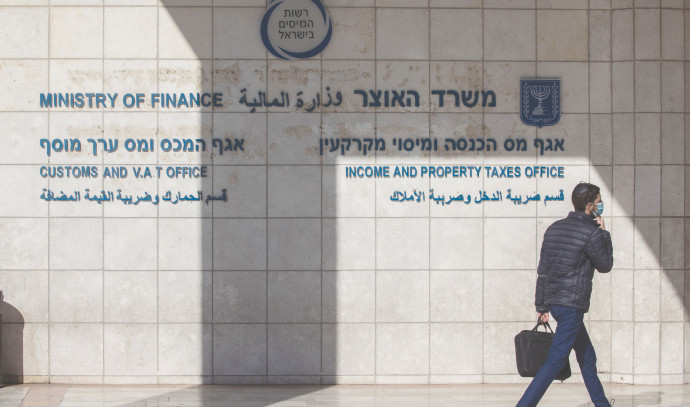The Israel Tax Authority (ITA) issued Circular 1/23 on August 17 (backdated to February 12), regarding the process for requesting a bilateral agreement between the ITA and the tax authority of another country under a tax treaty. Israel has income-tax treaties with 61 countries, including the US, the UK, Australia, Canada, South Africa, and the UAE.
Tax treaties are important because they help avoid double taxation; they generally override domestic law. Tax treaties limit withholding taxes and specify rules regarding: residency, transfer pricing, and permanent establishments (taxable branch or agent), among other things.
The “competent authority” clause in a treaty allows a taxpayer to apply to the competent authority for treaty relief and/or request that it consult with the competent authority of the other country about matters “not in accordance” with a treaty. The competent authorities are not obliged to agree to anything, nor do Israel’s treaties stipulate mandatory arbitration. Here is an overview of the ITA circular:
In general
The circular notes the competent-authority provisions in the 2017 OECD Model Tax Convention and Commentary and changes resulting from the Multilateral Instrument (MLI), which Israel signed in 2019.
According to the circular, the competent authority in Israel for tax-treaty purposes is the International Department of the Professional Division at the ITA (not all the ITA). It operates independently of the assessing officers. It may consult the ITA’s legal department.
Competent-authority proceedings are typically bilateral but may be bilateral, according to the circular. Tax treaties generally contain a time limit for filing competent-authority requests – usually three years from the first notification of the “action resulting in taxation not in accordance with the provisions” of a treaty.
The circular says a competent-authority request does not stop the regular appeal time limits, but the “statute of limitations” may be suspended. A competent-authorities agreement is binding, but an assessing officer may still check whether factual conditions are met.
How to apply
According to the circular, Israeli residents (only) may file competent-authority requests at the International Tax Department offices in Tel Aviv at 125 Menachem Begin Road, with a copy sent by email to [email protected] and further copies to the taxpayer’s local assessing officer and the ITA’s legal department if court proceedings are under way. The request must be in writing in Hebrew and English and signed by the taxpayer or the taxpayer’s representative. The circular lists various things to include in the request.
Handling requests
According to the circular, the competent authority will first review whether the taxpayer’s request is justified, having regard to the relevant tax treaty, treaty interpretation rules (not defined), the commentary of the OECD, and Israeli domestic law.
If the Israeli competent authority concludes the taxpayer’s request is not justified, it will notify the other competent authority, which may then express its view. But the Israeli competent authority is not obliged to accept it. It will then provide reasoned notification to the taxpayer.
However, if the Israeli competent authority concludes the taxpayer’s request is justified, perhaps after consulting its opposite number abroad, it will tell the Israeli assessing officer what to do or contact the foreign competent authority concerned and endeavor to reach a mutual agreement.
The taxpayer is not entitled to take part in these proceedings but may be invited to appeal to the competent authorities.
If a bilateral agreement is reached between the competent authorities, the taxpayer generally has 30 days to accept it; otherwise, the agreement becomes invalid.
If reasonable efforts fail, the ITA is not obliged to unilaterally prevent double taxation, according to the circular.
The circular says the competent authority may request collateral for the tax at stake; tax collection and assessment procedures should be done in coordination with the competent authority.
Court proceedings
As the circular points out, the courts have ruled that it is preferable to continue any competent-authority proceedings before any court proceedings. The ITA may agree to freeze the court proceedings, but if they do continue, the ITA would refrain from actively pursuing competent-authority proceedings.
Comments
Competent-authority proceedings under Israel’s tax treaties are generally considered a last resort. The ITA tries to dominate the process, it can take time, success is far from guaranteed, and there is no right of appeal, except to the Israeli courts. E-commerce operators may especially be impacted by MLI uncertainties. Unfortunately, the ITA circular makes no mention of how the ITA would treat requests for treaty relief from a foreign competent authority.
As always, consult experienced tax advisers in each country at an early stage in specific cases.
The writer is a certified public accountant and international tax specialist at Harris Consulting & Tax Ltd.



